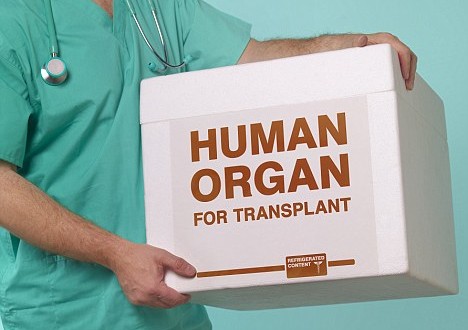Deceased seniors or people who have suffered cardiac death represent a pool of potential organ donors that could reduce wait times for those who need organs, a new Canadian report says.
The report by the Canadian Institute for Health Information (CIHI) says there are potentially more donors among deceased patients over age 60 and among those with irreversible brain damage declared dead after their heart stops.
Kathleen Morris, director of health system analysis at CIHI, says organ donation is a complex process that involves identifying potential donors, getting consent from the families and procuring the organs soon after death.
At 21 per cent, Quebec had the highest rate of organ donors from medically eligible deceased patients, while the Prairie provinces had the country’s lowest rate at 10 to 11 per cent.
Quebec also accepted the highest percentage of donors older than 60, with the Prairies again among the lowest users of donors 60-plus.
The CIHI study says each deceased donor provides three organs on average, meaning that almost 4,000 kidneys, livers and other organs could have been available for transplant if donors were better identified.
“What this study clearly identifies is that while there have been some improvements, provinces and regions need to increase collective investment and effort to address the critical demand for organs,” said Dr. Sam Shemie, an intensive care physician at Montreal Children’s Hospital and a key adviser for the study.
“No willing donor should ever have his or her wishes unfulfilled,” said Shemie, adding that no Canadian should die on a transplant waiting list because donors have not been identified by the health-care system.
Agencies/Canadajournal
 Canada Journal – News of the World Articles and videos to bring you the biggest Canadian news stories from across the country every day
Canada Journal – News of the World Articles and videos to bring you the biggest Canadian news stories from across the country every day



